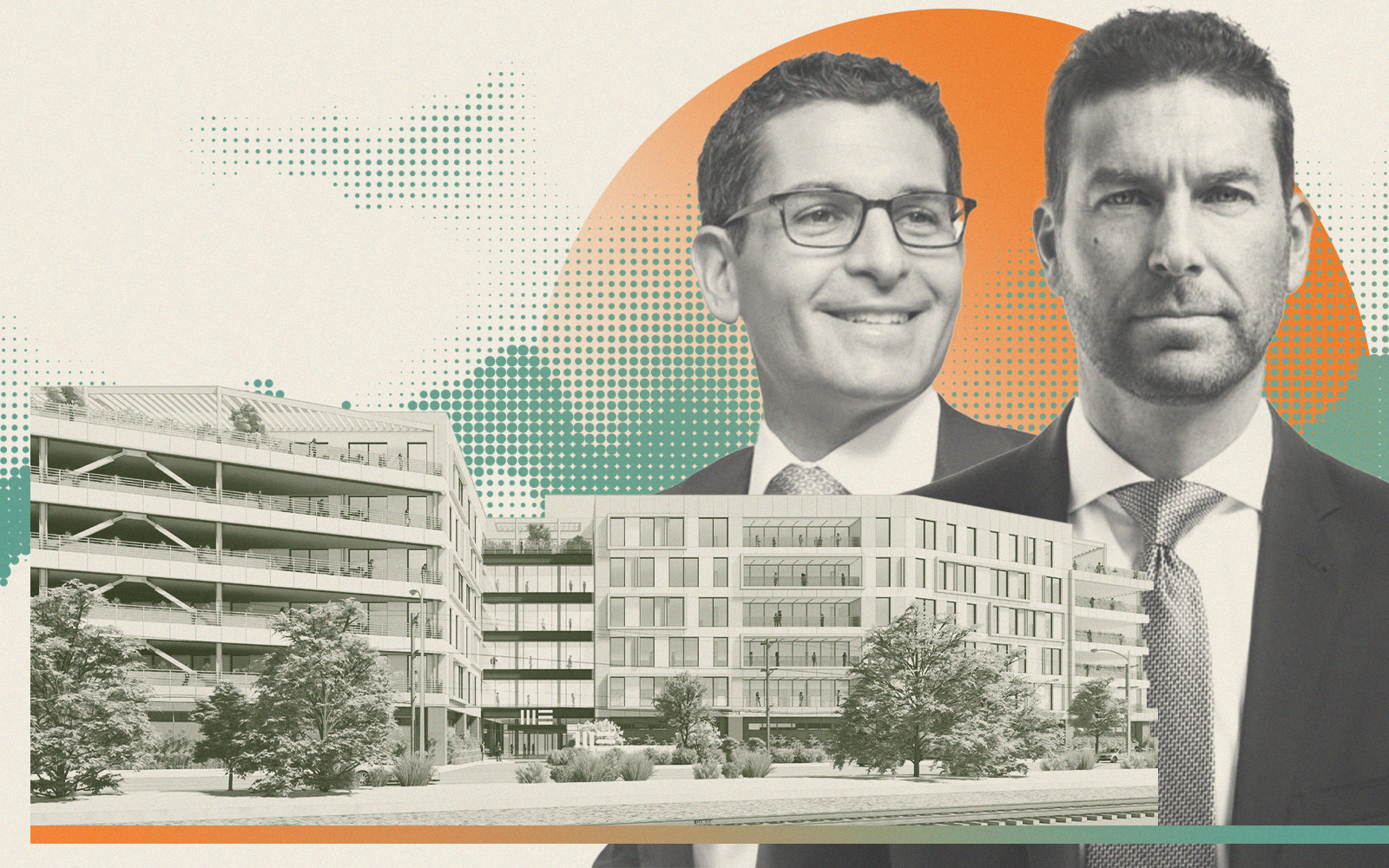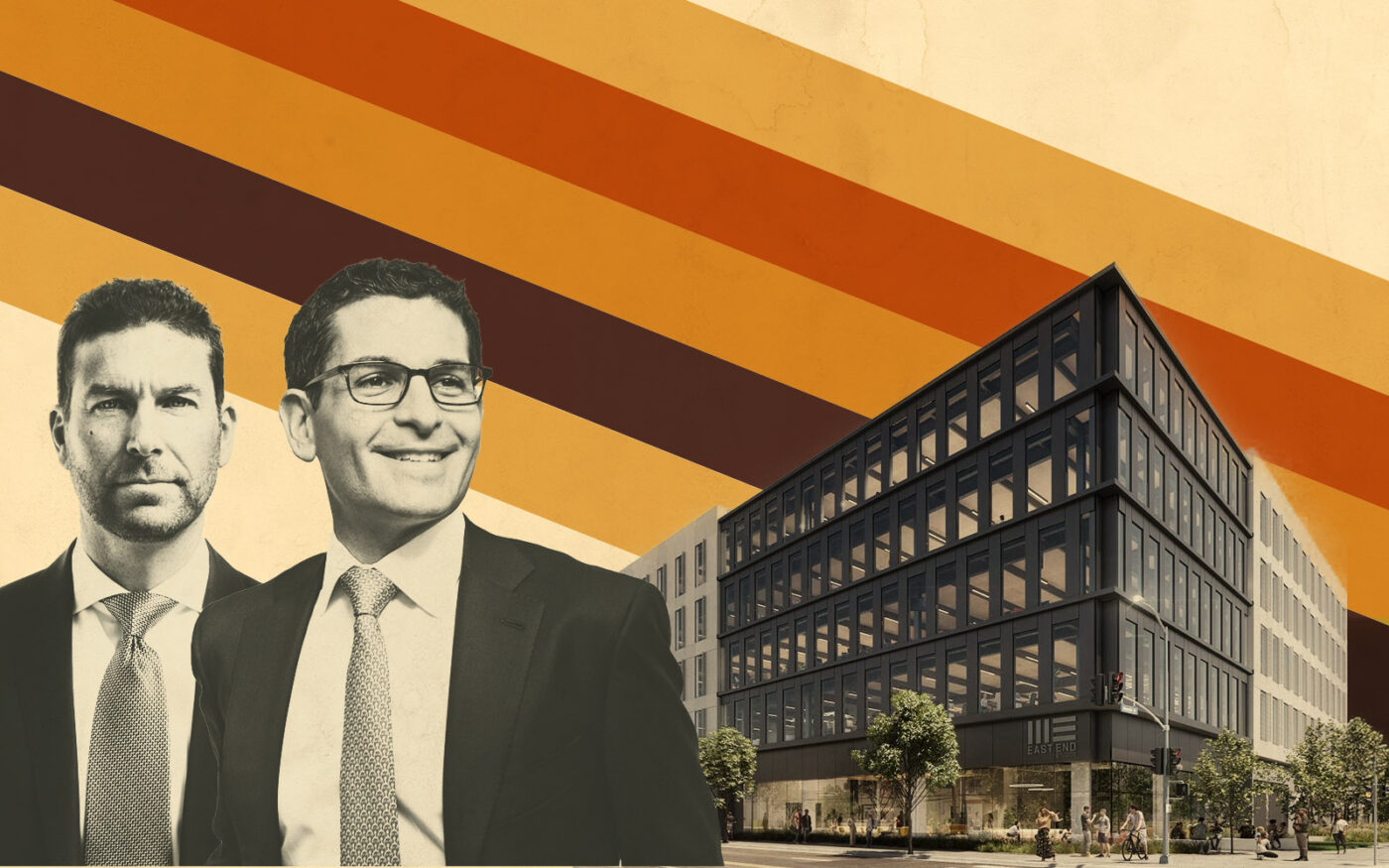East End Studios has decided to rapidly expand its footprint in Los Angeles, despite an entertainment industry slump in the wake of worker strikes.
The Glendale unit of New York-based East End Capital has pushed for aggressive studio campus growth at a time many developers remain cautious because of uncertainties surrounding soundstage demand, the Los Angeles Business Journal reported.
The company, which pivoted to studio development in 2020, now oversees 2.7 million square feet of studios across 38 soundstages, with more projects in the works.
East End’s first ground-up studio campus, a 97,000-square-foot facility in Glendale, opened in June after three years of development.
The company is also building two more studio campuses in Boyle Heights and Queens, New York, while planning a massive 611,000-square-foot, 11-stage campus between Burbank and North Hollywood.
And that doesn’t include the $1 billion, 1.3 million-square-foot film studio project in L.A.’s Arts District, known as ADLA Campus.
The company’s studios are purpose-built, featuring column-free soundstages, high clearance heights, LED wall technology and soundproofing, designed to meet today’s production needs. In contrast, some of the other soundstage providers offer warehouses converted to stages.
Shep Wainwright, managing partner at East End Capital, told the Business Journal that many L.A. soundstages “are pretty old and stale. They weren’t purpose-built for today’s workflow.”
Despite concerns over the exodus of productions to other states and countries offering attractive tax incentives, East End Studios remains confident in the demand for soundstages, particularly for TV series, in the L.A. market.
Television production, known for its longer cycles, is seen as the driving force behind soundstage occupancy in Los Angeles. East End’s Glendale campus has already attracted high-profile clients such as Apple, Amazon.com and ABC.
Experts in the real estate and entertainment sectors agree that expanding and modernizing studio space in Los Angeles is essential to maintaining the city’s competitive edge against so-called runaway productions.
“People want to film in Los Angeles,” Sam Glendon, a vice president at CBRE, said. “The majority of the industry lives in Los Angeles so the idea of flying to Western Europe or Mexico or Canada for six months and being away from your family and your world is not ideal.”
Although inflation and construction costs have made financing more difficult for stage projects, East End remains optimistic, believing the market will stabilize by next year. The company’s strategic location within Hollywood’s 30-mile zone, a prime area for the industry, further bolsters its appeal.
Despite challenges, experts agree that Los Angeles remains the world’s largest studio market, with no signs of losing its dominance.
Read more



